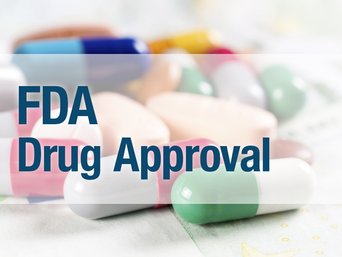|
“There are no facts, only interpretations.” Friedrich Nietzsche “The best lack all conviction, while the worst are full of passionate intensity.” William Butler Yeats “A lie can travel half way around the world while the truth is putting on its shoes.” Mark Twain  The late Senator Patrick Moynihan (D, NY) once famously noted, “Everyone is entitled to his own opinions, but not to his own facts.” Leaving aside the more contemporary position that women are entitled to opinions too, in our strange new sociocultural milieu Moynihan’s adorable truism now suddenly seems, like certain body parts, to be totally up for grabs. Global warming is a hoax; China devalues it currency; Hillary Clinton murders her enemies and runs a pedophile ring out of a Washington pizzeria. A presidential spokesperson re-frames a lie as an “alternative fact”; shouted mistruths seem to get more public attention than established realities. For growing audiences, rogue fake news websites seem to carry the same credibility as the New York Times or The Washington Post. And now this strange new wonderland of unreality is poised to redefine communication about medical facts, particularly about drugs. 
All this will make the provision of rigorously evaluated, evidence-based knowledge about anything, especially the effectiveness and safety of medical interventions, an increasingly needed service. Prescribers will be less and less able to feel comfortable that FDA approval means that a drug has been shown to actually benefit patients. And we always knew that sales reps were adept at putting their products in the best possible light; now they’ll be able to toss out not-quite-true promotional quasi-factoids with more and more impunity. This is the medical world in which academic detailing programs will exist for the foreseeable future. And the more health care is provided in an environment of alt-facts and distortions, the more our sources of unbiased, non-commercial information will be valued and vital. We have our work cut out for us. Biography. Jerry Avorn, MD, Co-Director, NaRCAD
Dr. Avorn is Professor of Medicine at Harvard Medical School and Chief of the Division of Pharmacoepidemiology and Pharmacoeconomics (DoPE) at Brigham & Women's Hospital. A general internist and drug epidemiologist, he pioneered the concept of academic detailing and is recognized internationally as a leading expert on this topic and on optimal medication use. Read more.
0 Comments
Leave a Reply. |
Highlighting Best PracticesWe highlight what's working in clinical education through interviews, features, event recaps, and guest blogs, offering clinical educators the chance to share successes and lessons learned from around the country & beyond. Search Archives
|
